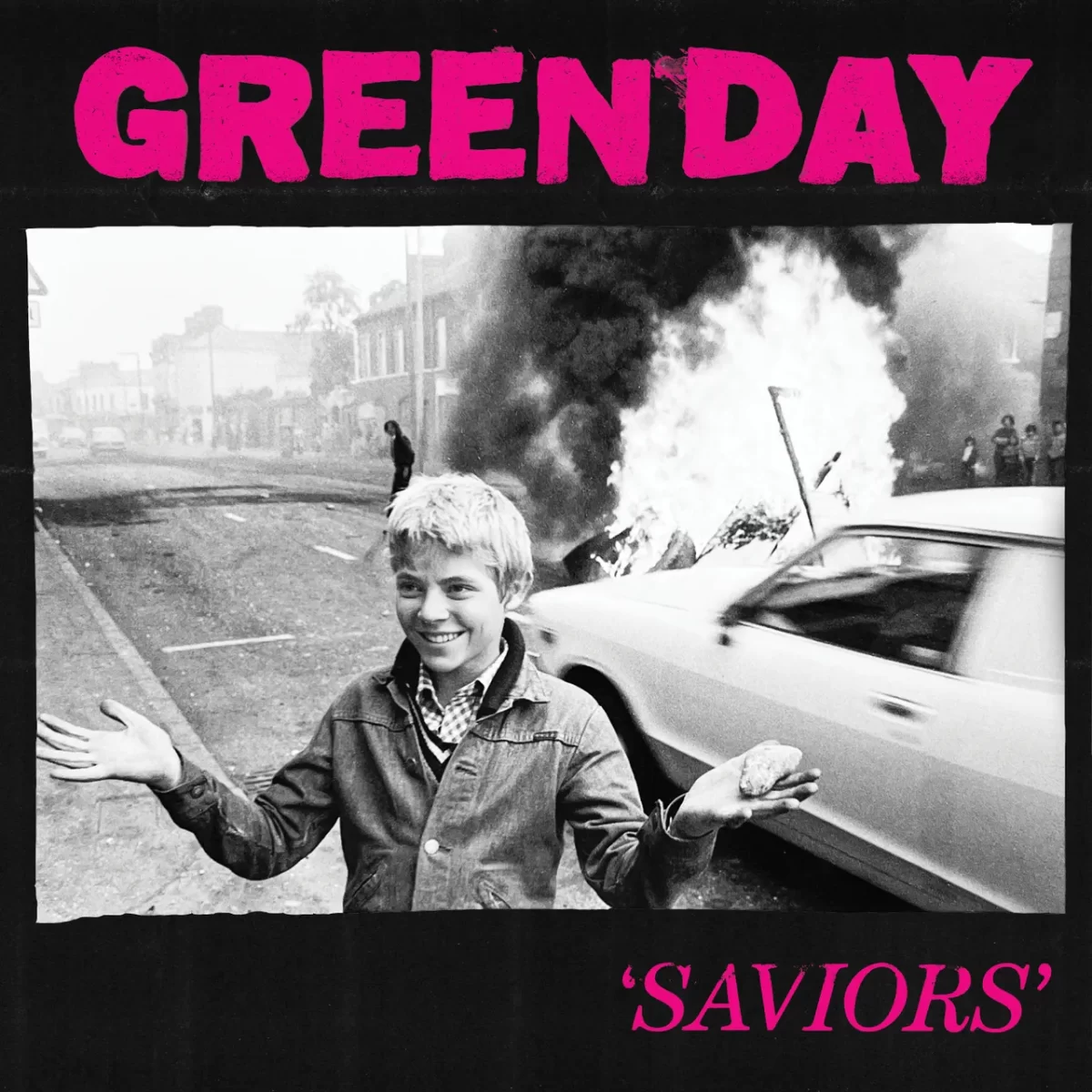My friend recently posted on Facebook why she supports NFL players and other professional athletes who protest the national anthem.
She compared the need for a platform to Rosa Parks. But Parks was not protesting the bus or public transportation; she was protesting the lack of civil rights for those riding the bus.
Therefore, by kneeling or sitting during the anthem, NFL players aren’t protesting the flag and anthem, but something else entirely.
The difference is, that bus didn’t symbolize thousands of American lives lost at war.
While I agree that groups like Black Lives Matter and average citizens need a platform to voice their frustration surrounding the treatment of African-Americans in the United States and they have the right to exercise their First Amendment rights, the national anthem is the wrong outlet.
“The Star Spangled Banner” was written by Francis Scott Key in 1814 about the time he witnessed Fort McHenry fall under attack by the British during the War of 1812.
Even after such a brutal battle, American troops were strong and resilient.
The national anthem was first played at the 1918 World Series. The crowd was somber and in mourning over the 100,000 soldiers who had already been killed in World War I.
During the 7th inning stretch, the U.S. Navy band began to play the national anthem. Players and spectators alike stopped and faced the flag with their hands over their hearts, and the crowd was revitalized by love and patriotism.
“The Star Spangled Banner” was officially adopted as the national anthem in 1931 and by the end of World War II, it was played at every NFL game to honor the veterans who came home, and those who didn’t.
The national anthem is not the Pledge of Allegiance; it is not an oath to love our country.
It doesn’t promise “liberty and justice for all.”
The national anthem isn’t even a song to honor our country and citizens.
The national anthem is a promise that no matter how brutal and how deadly the battle is, our service men and women will stay and continue to fight until they give the ultimate sacrifice — their lives — for their country.
It’s an illustration of how resilient we, as Americans, are in the face of a common enemy, foreign or domestic.
No matter where I am, night or day, the national anthem gives me goose bumps.
When I think about our anthem, I think about my friends and family who are not home with me now because our freedom is at stake.
I think about children who are growing up without parents and parents who have lost their children.
I think about those who did make it home but can’t sleep through the night, or who are never whole again after the things they have seen and lost.
I understand the anger and the outrage. I will never know the struggle and hate African-Americans face every single day in this country, but their anger is not directed at the military.
The hate and injustice is not coming from our troops.
There are people of all races, genders and sexual orientations serving our country today for the same terrible pay. They are all risking the same high stakes for the same cause, and they all deserve your respect.
I agree there are topics for discussion here with valid arguments and concerns.
That being said, the national anthem is not and will never be an appropriate platform for this cause.
“Your message” about the systematic oppression of black people in America hasn’t been hijacked, but the message of gratitude for our veterans has been.
Our veterans don’t ask for much, many don’t ask for anything at all, but they deserve two minutes of your respect for the entire lifetime they gave up for you.
Danie Rang is a political science and agricultural communications major and can be reached at [email protected].

























